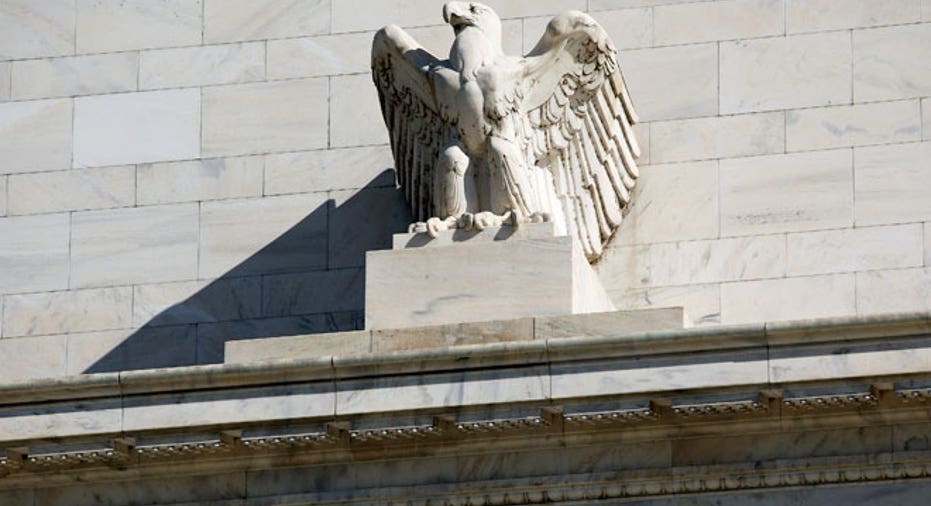Senate Panel Backs Fischer, Other Fed Nominees

The Senate Banking Committee approved three nominees to the Federal Reserve's board on Tuesday, including Stanley Fischer to be the U.S. central bank's No. 2, in a big step toward replenishing the Fed's governing body.
The panel also backed the nominations of former senior U.S. Treasury official Lael Brainard and current Fed Governor Jerome Powell, who was nominated for another term. All three nominees were approved on a unanimous voice vote.
The nominations are now cleared to go before the full Senate for final confirmation votes. A date for Senate consideration has not yet been set.
Former Fed officials say the Senate needs to act fast to confirm the nominees, given the heavy workload the board faces with only a few governors in place.
With Fed Governor Jeremy Stein leaving in late May to return to academia, the normally seven-person board would fall to three members for the first time in its more than 100-year history if the Senate does not move quickly.
"If the Fed goes down to three in June, it's reprehensible," said Northern Trust economist Carl Tannenbaum, who has worked for both the Fed board in Washington and at the Federal Reserve Bank of Chicago.
The Fed also has 12 regional branches, whose presidents rotate through five voting positions each year.
Fischer's previous roles include the No. 2 spot at the International Monetary Fund, chief economist at the World Bank and vice chairman at Citigroup.
The 70-year-old, who was born in Zambia, is highly regarded in monetary policy circles for his extensive international experience, his academic career teaching economics at the Massachusetts Institute of Technology, and his successful stint at the top of Israel's central bank.
The combination of veteran Fed policymaker Janet Yellen leading the central bank and Fischer as second in command comes with high expectations, though Fed watchers will have to wait and see just how well the two work together in their roles.
Brainard, 52, served until recently as a top financial diplomat at the U.S. Treasury and had previously worked at the White House under President Bill Clinton. Predicting her influence on the Fed is more difficult than it is for Fischer, given her lack of experience with monetary policy.
Among the biggest strengths she brings to the Fed is her international policy background, including experience gained as a U.S. diplomat working with European officials during the height of the euro zone crisis.
Brainard also worked as a consultant at McKinsey and taught at MIT.
Powell, 61, served at the Treasury under President George H.W. Bush and worked at private equity firm Carlyle Group. While his term at the central bank ended in January, Fed governors can serve until replaced or confirmed to a new term.
Even if Fischer, Brainard and Powell are confirmed, as analysts widely expect, two empty spots would remain on the board after Stein leaves. President Barack Obama is said to be considering someone with community banking expertise for one of those positions.



















